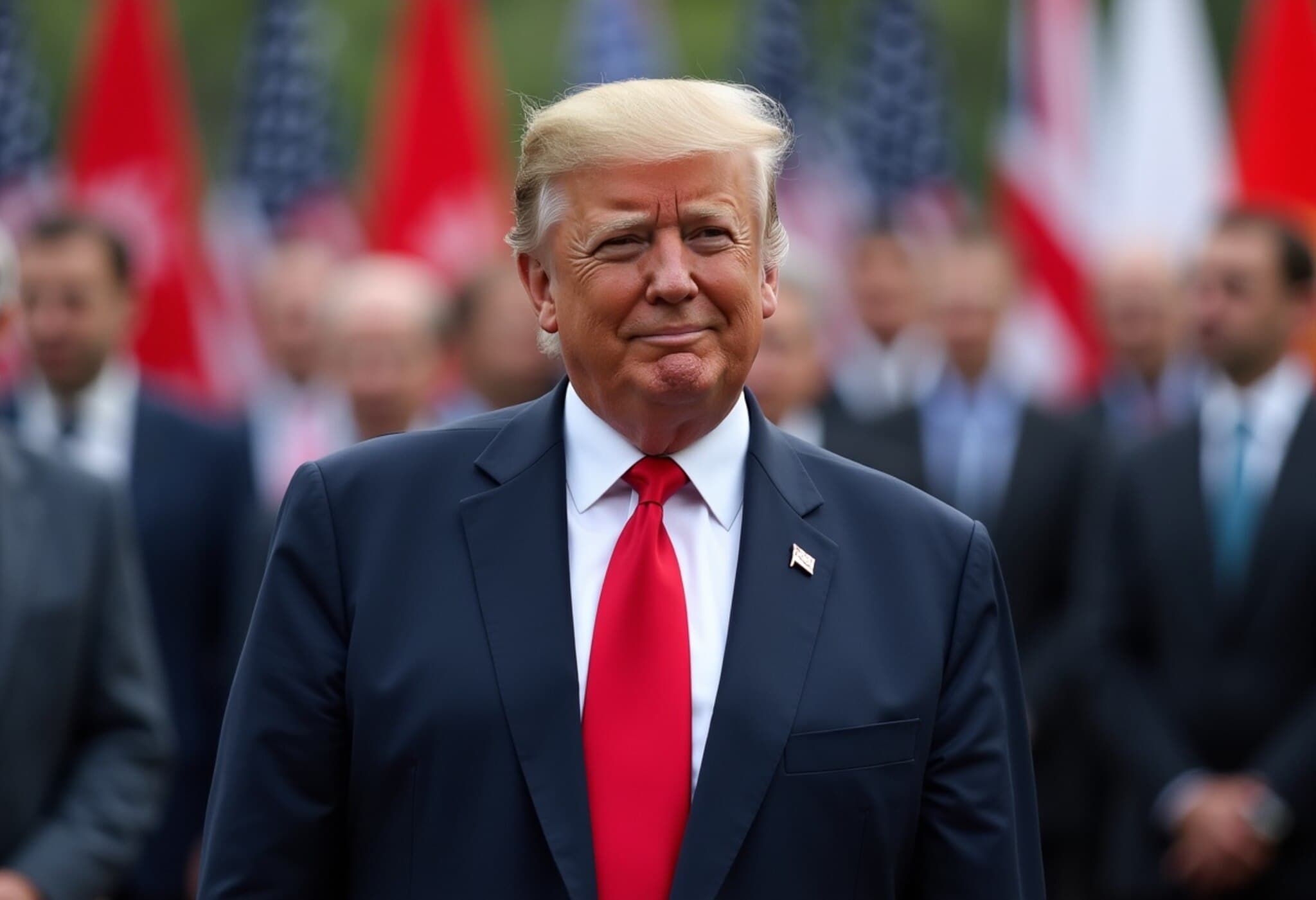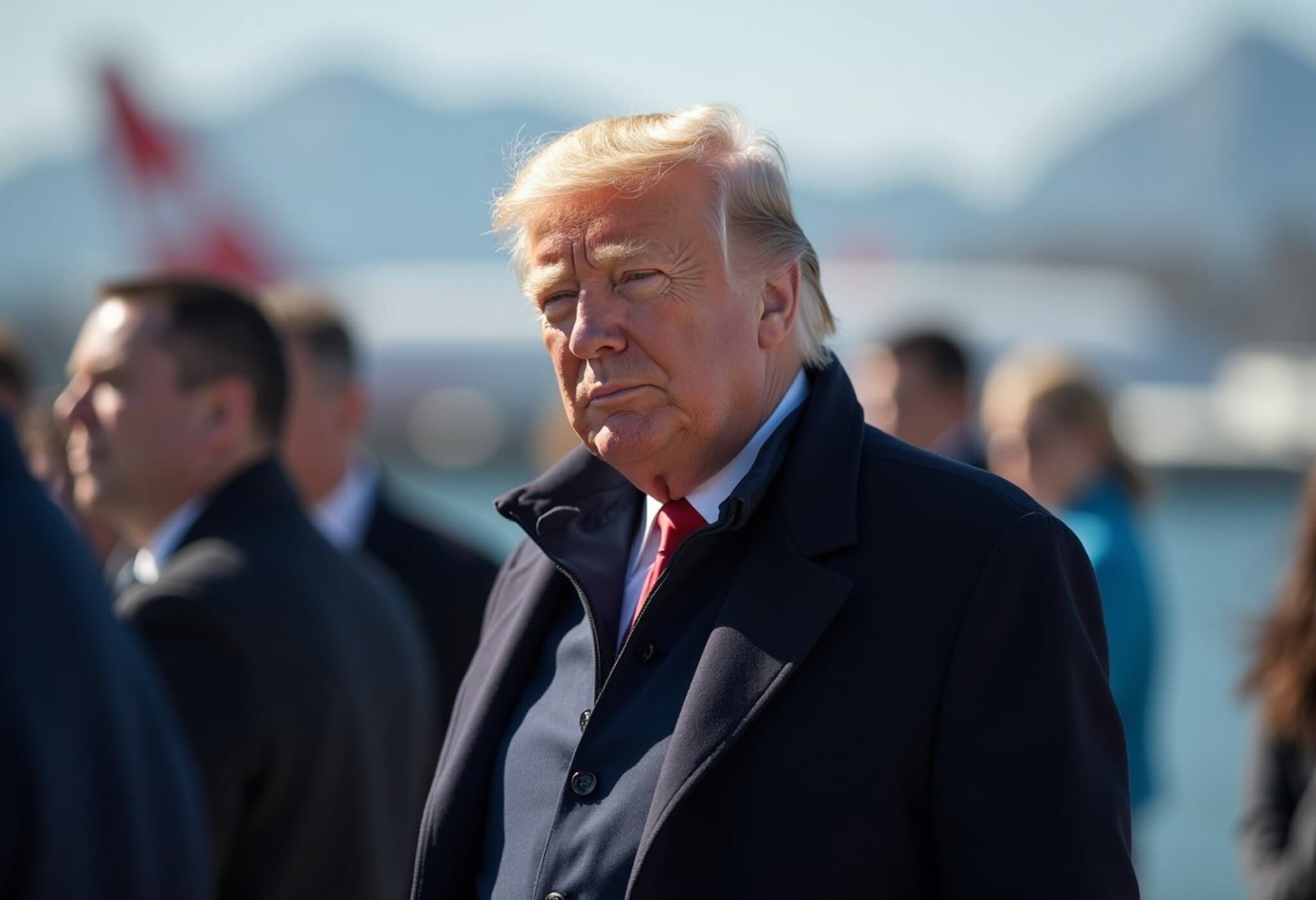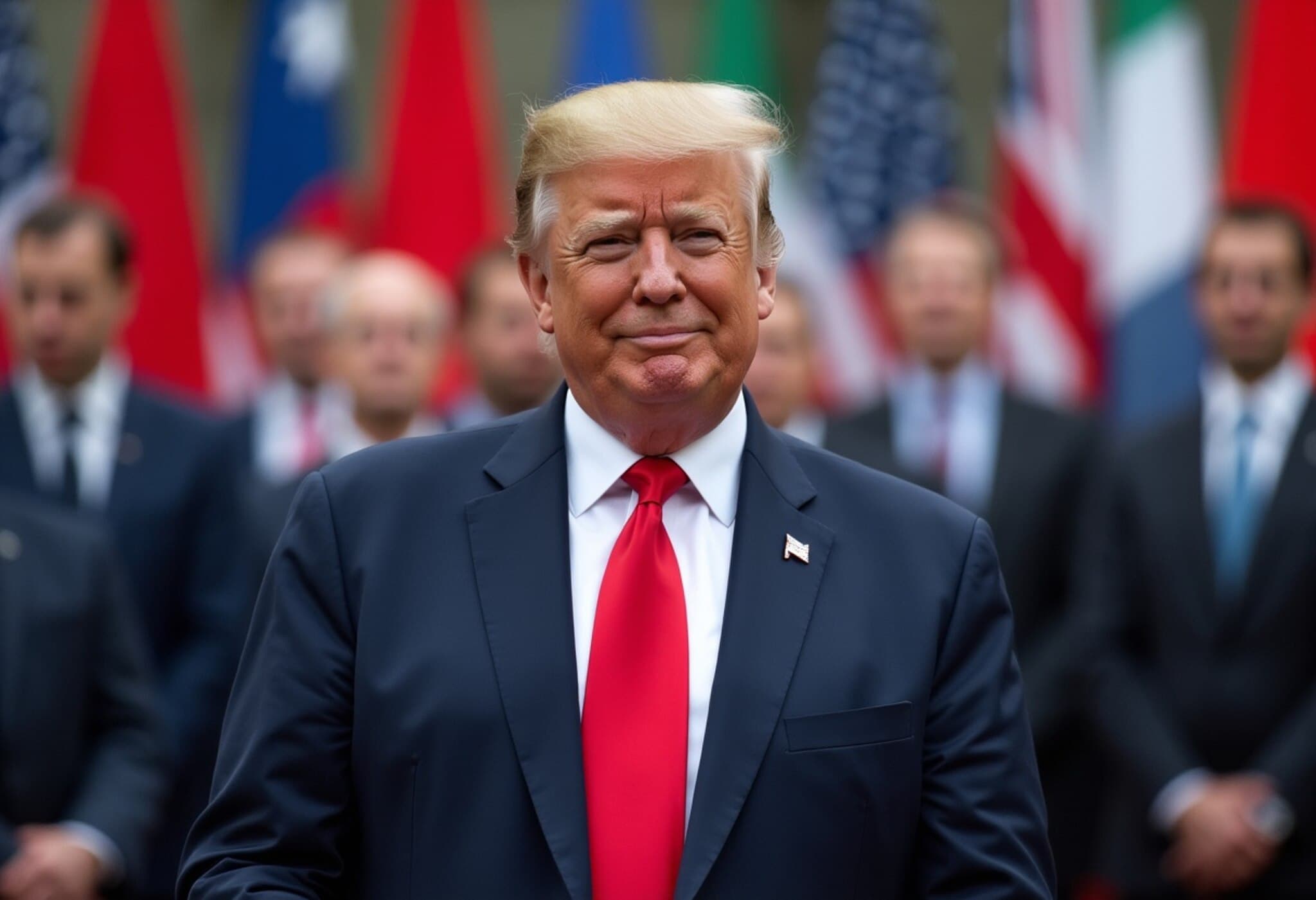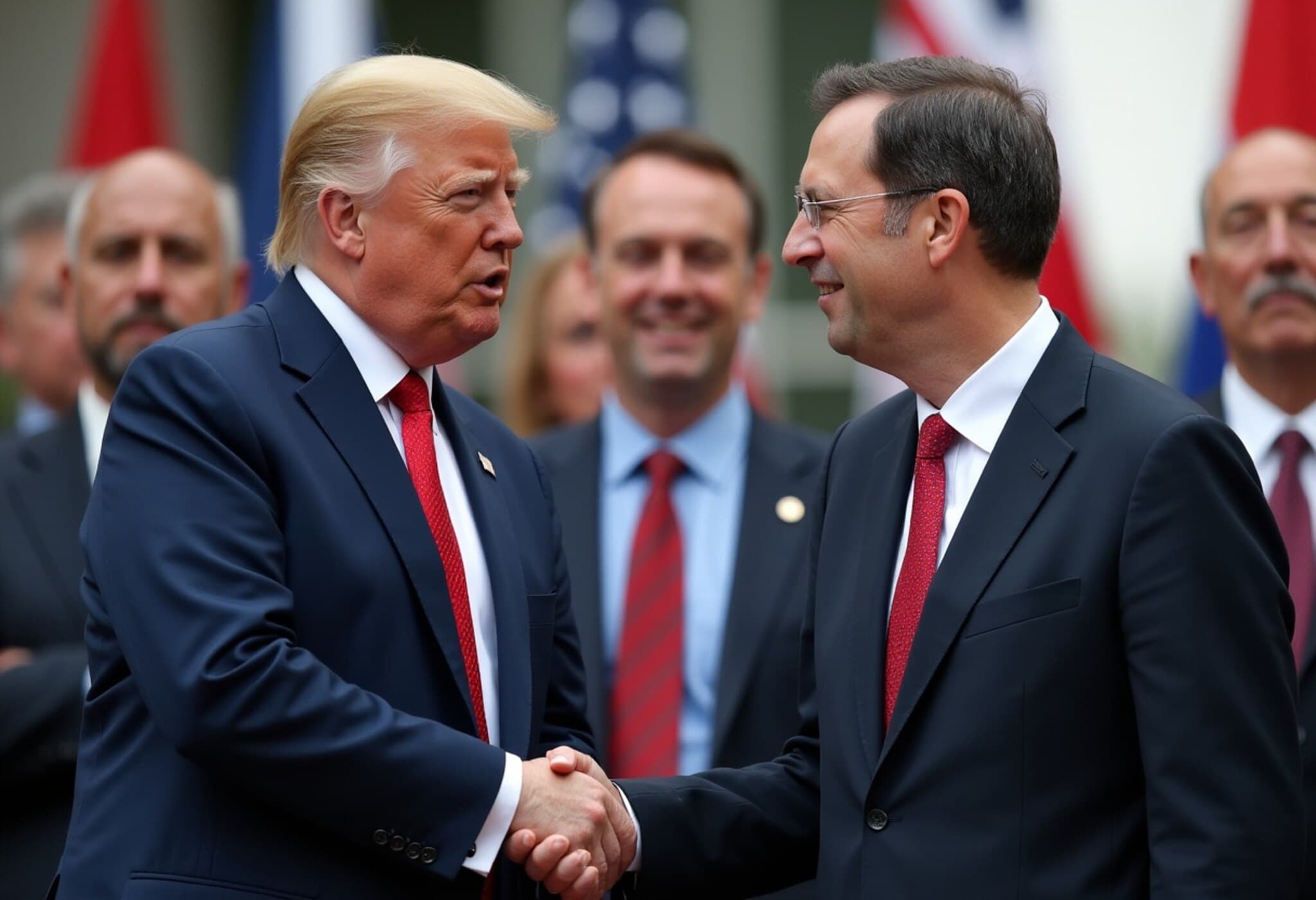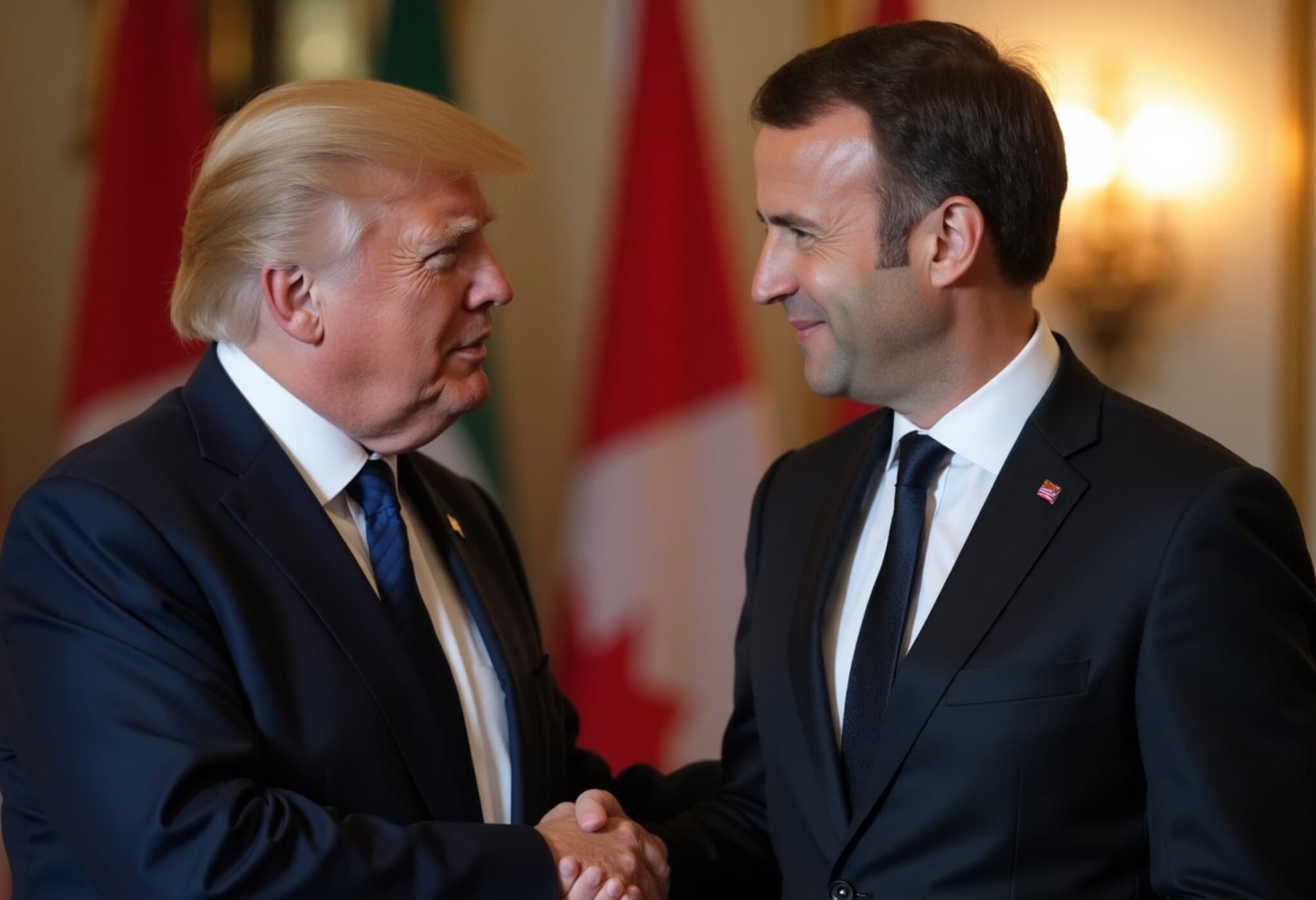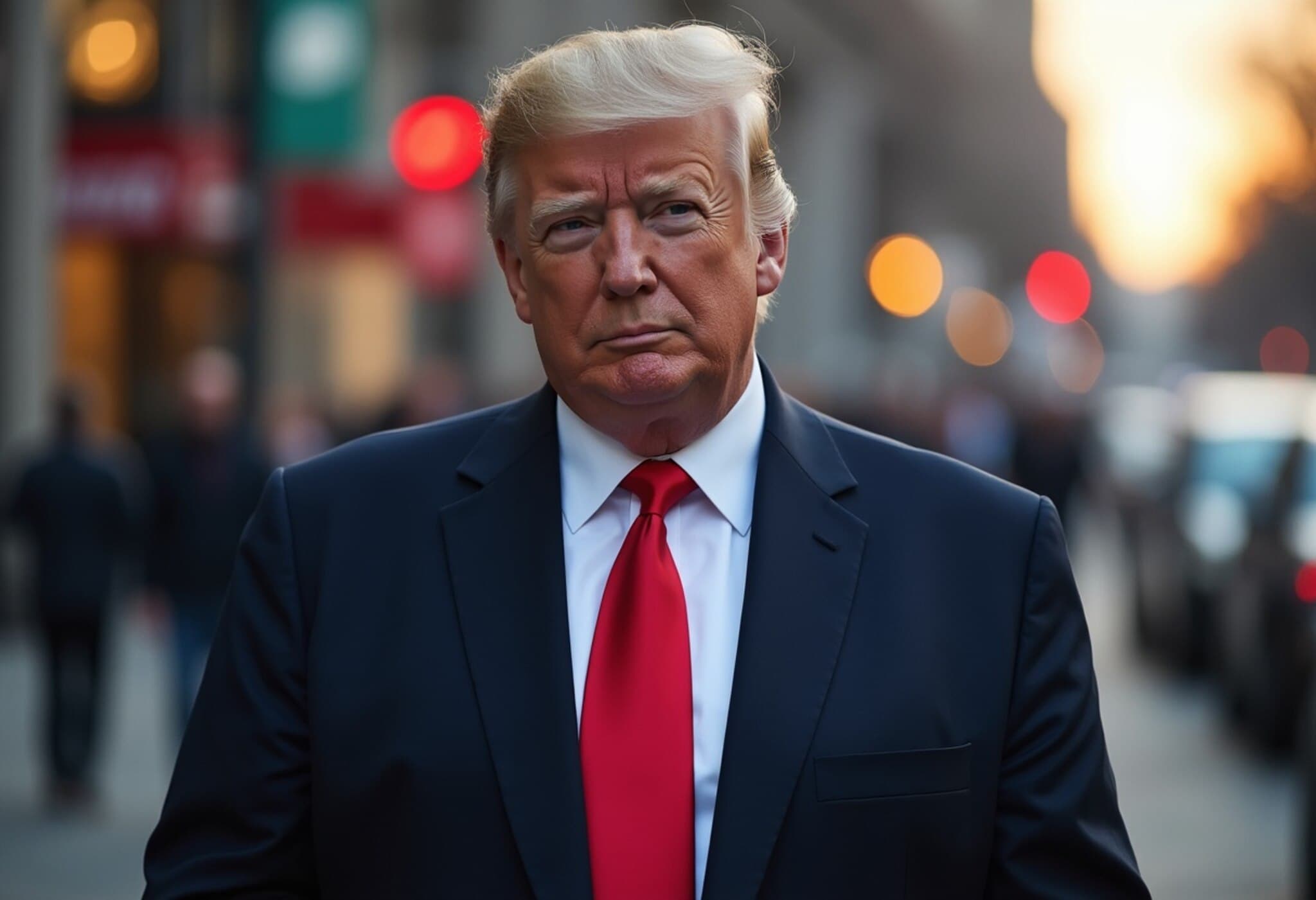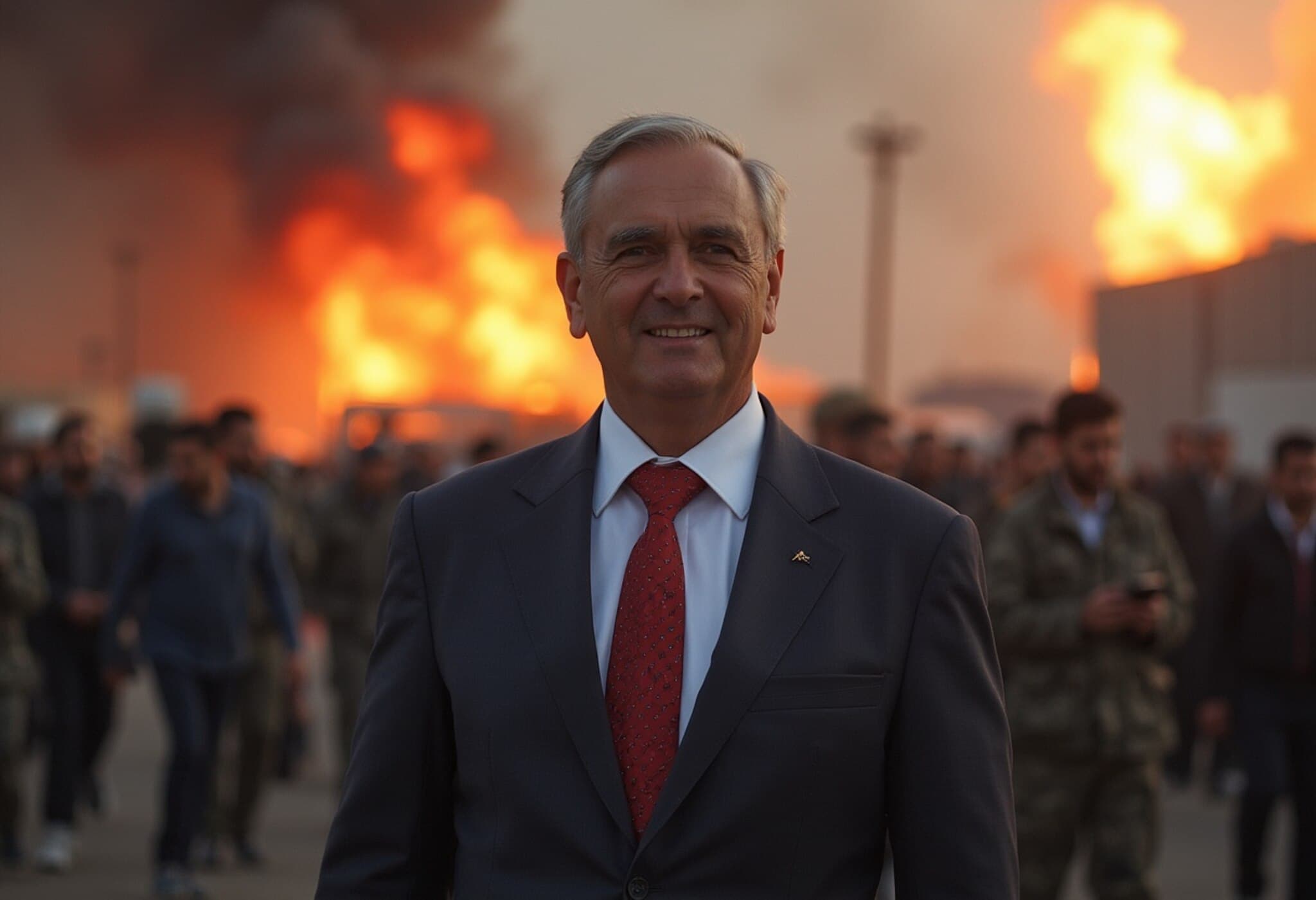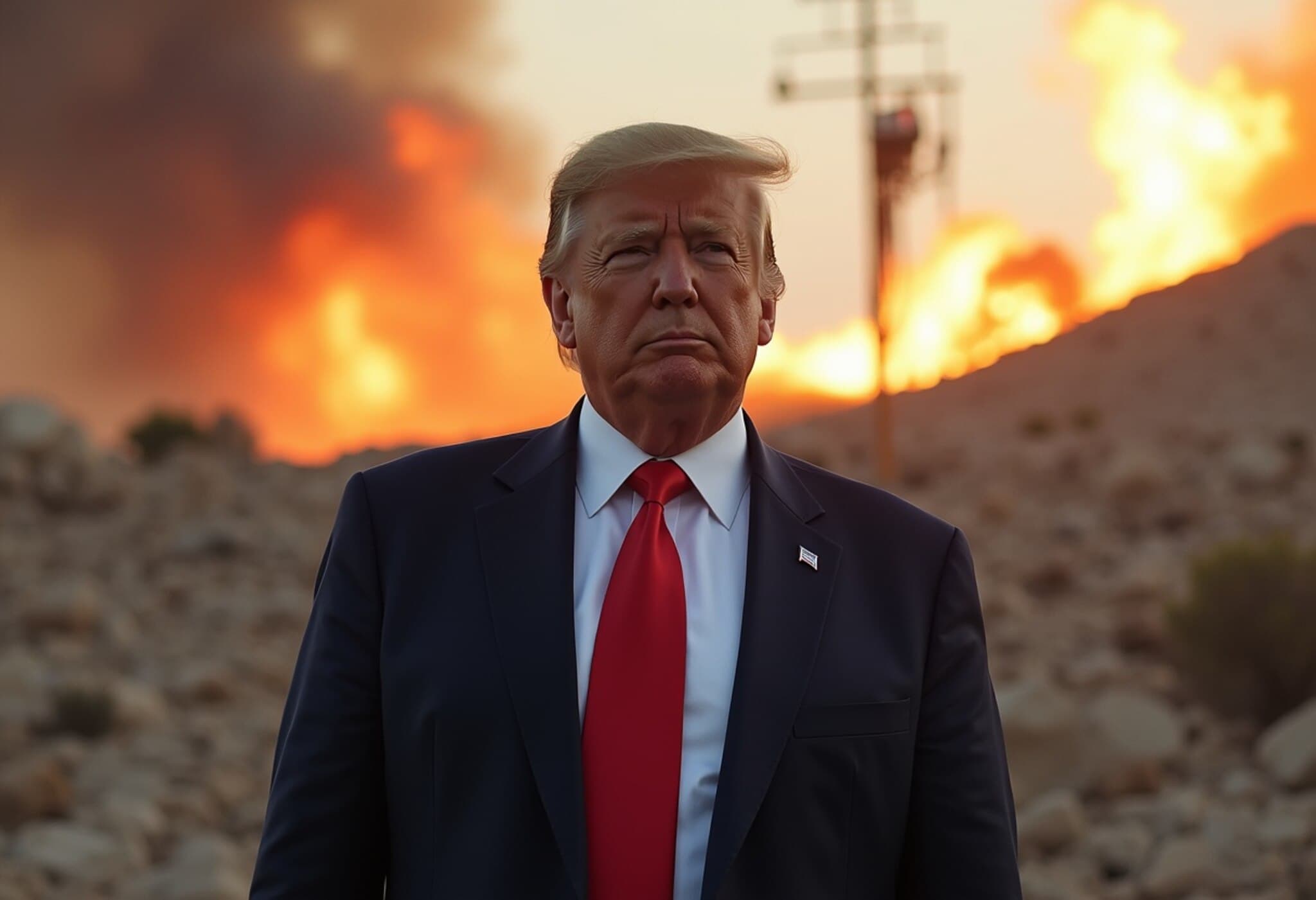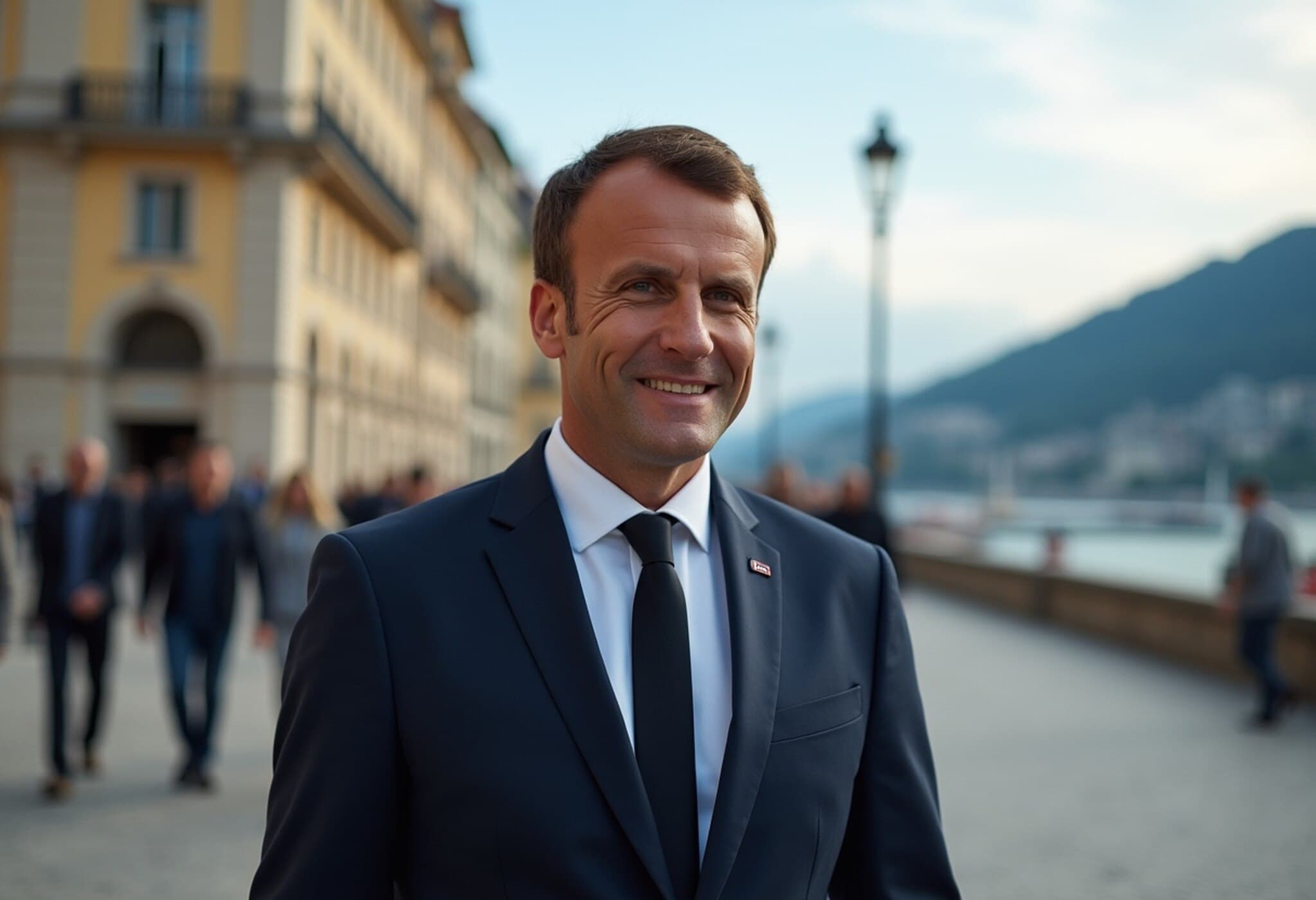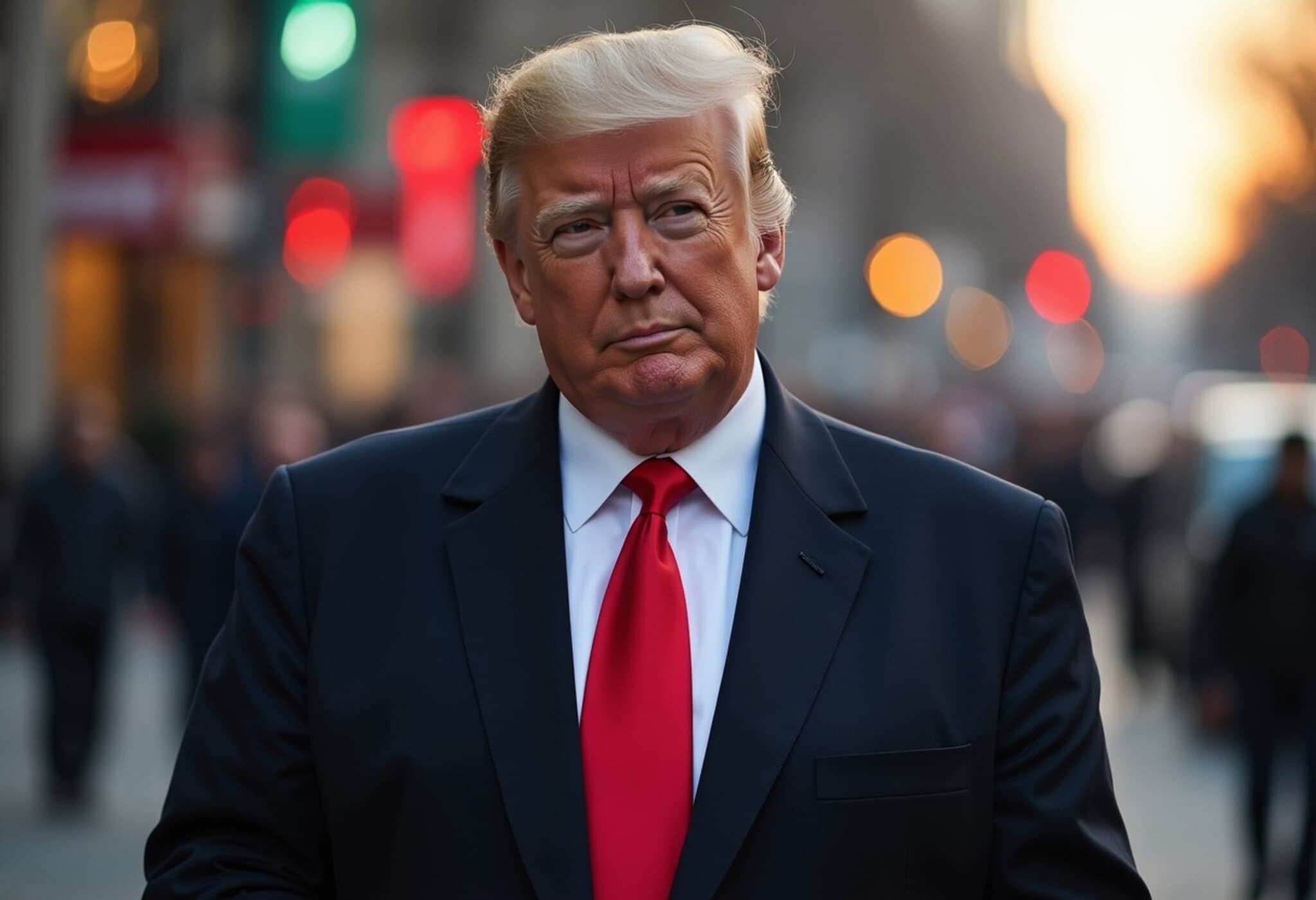Trump Departs G7 Summit Early Over Middle East Turmoil
U.S. President Donald Trump announced he would be leaving the Group of Seven (G7) summit in Kananaskis, Canada a day earlier than planned due to escalating tensions in the Middle East. The decision came amid ongoing challenges to find common ground among the attending nations on key global conflicts.
Divisions Surface Over Ukraine and Middle East Conflicts
The G7 summit brought together leaders from Britain, Canada, France, Germany, Italy, Japan, and the U.S., alongside representatives from the European Union. However, unity proved elusive, especially concerning the war in Ukraine and rising hostilities between Israel and Iran.
President Trump openly expressed sympathy toward Russian President Vladimir Putin, criticizing the G7’s 2014 decision to exclude Russia following the Crimea annexation. He suggested that ejecting Russia was a mistake that may have contributed to the 2022 invasion of Ukraine.
"This was a big mistake," Trump said. "Putin speaks to me. He doesn't speak to anybody else—and he's not happy about it."
These remarks fueled concerns over how productive Ukrainian President Volodymyr Zelenskiy’s upcoming meeting with G7 leaders might be.
Challenges on Sanctions and De-escalation Efforts
European leaders pressed for stronger sanctions on Moscow, aiming to rally Trump’s support. Zelenskiy reportedly planned to discuss new arms purchases with the U.S. President.
Yet, the summit revealed cracks in the alliance, with the U.S. refusing to back a draft communique calling for de-escalation between Israel and Iran. Canada, hosting the event, did not attempt to issue a comprehensive declaration, wary of a repeat of the 2018 summit’s last-minute withdrawal of consensus by the U.S.
Multiple draft agreements covering migration, artificial intelligence, and critical minerals circulated but lacked U.S. approval, leaving the summit’s tangible outcomes uncertain.
Trade Deals Take Center Stage Despite Summit Strains
On the trade front, Trump and British Prime Minister Keir Starmer announced the completion of a new trade deal, marking Britain as the first country to secure reduced U.S. tariffs under Trump’s administration.
Meanwhile, Canadian Prime Minister Mark Carney revealed ongoing discussions with Trump about a potential economic and security agreement, targeting a deal within 30 days. However, Canada's unwavering opposition to U.S. tariffs remained a sticking point.
"Our position is that we should have no tariffs on Canadian exports to the United States," stated Kirsten Hillman, Canada's ambassador to Washington.
Looking Ahead
With Trump’s early departure and the absence of a unified stance on key issues, the G7 summit concluded on an uncertain note. The gathering underscored the complexities of navigating international alliances amid competing interests and global crises.
Key Highlights:
- Trump leaves G7 summit a day early to address Middle East conflict.
- Divisions emerge over Russia’s role post-Crimea annexation and Ukraine war.
- U.S. declines to endorse de-escalation communique on Israel-Iran tensions.
- New U.S.-UK trade deal signed; Canada negotiations ongoing amid tariff disputes.
- Future G7 declarations in doubt without U.S. support.

